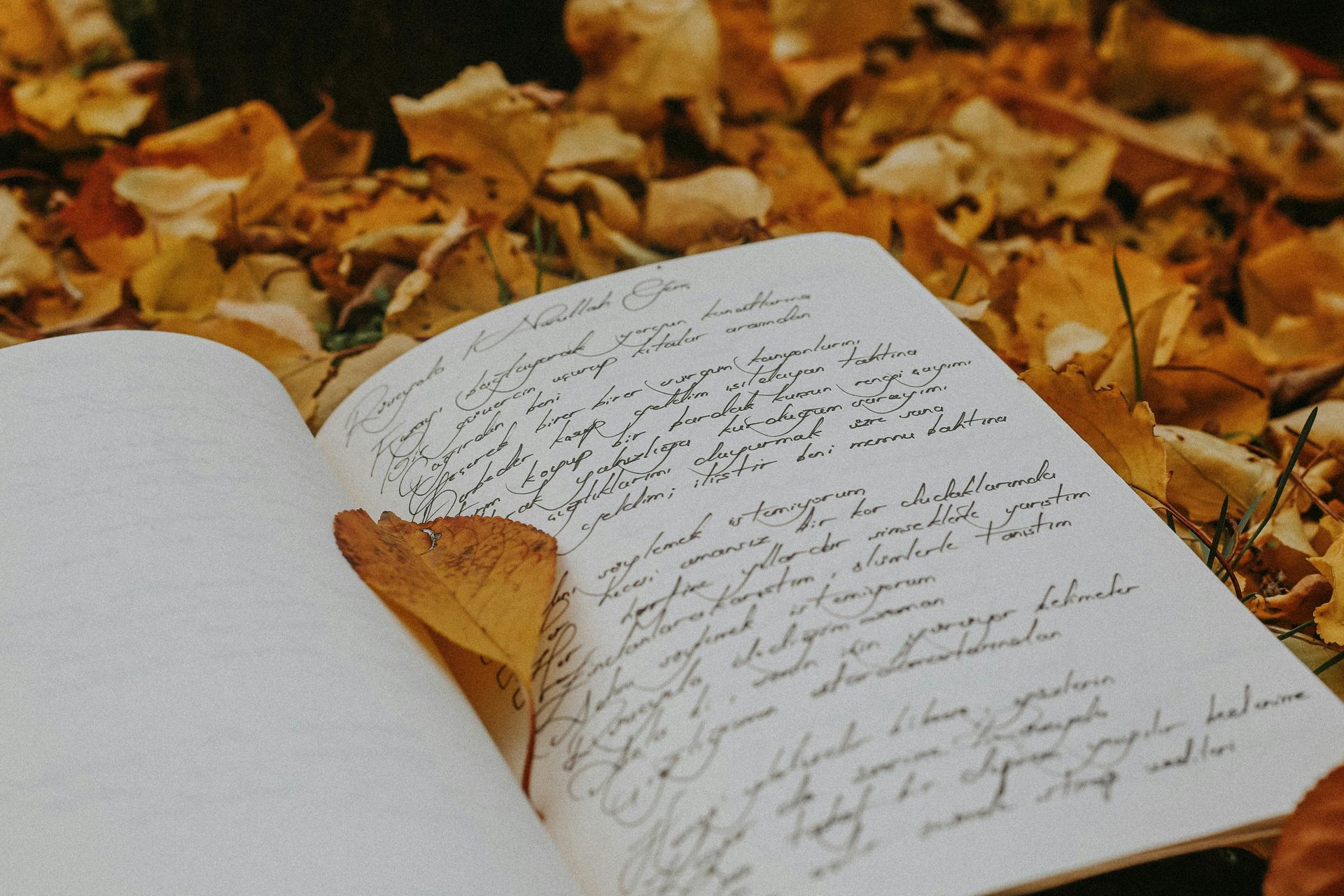Episode Two: Got #Gratitude?
November 3, 2025

Are you #grateful?
It's November, and that means the leaves are falling in earnest here in Montclair, the year is winding down, and—brace yourself—reminders to be #GRATEFUL will soon be popping up in all our feeds.
I'll confess. Even as a practitioner using gratitude in my work, it gets annoying. A few years ago, I wrote a piece called Overcoming Gratitude Fatigue
for Wholebeing Institute. Thanksgiving was approaching and the exhortations to be grateful were so noisy, I felt called to reconnect with the science behind it.
Guess what? By the time I finished writing, I was back on the gratitude wagon.
Remind Me: Why Get Grateful?
The evidence in favor of gratitude is compelling. A meta-analysis of the effects of gratitude interventions
published by the NIH found that grateful people worry less, experience less psychological pain, and are happier and more optimistic.
Hard to roll your eyes at that.
Sustainable Gratitude: An Easy Daily Ritual
There are many evidence-based gratitude practices. I've tried most of them, and am sharing one that stuck with me and my family. Here's how it works.
Step one: Make it a ritual
Every night at the dinner table, we go around and share something we are grateful for that day.
Step two: Make it tangible
Give some context. Saying “friends” or “family” isn't going to cut it. Expand that into: “I had a good hangout in the student lounge with a friend I hadn’t seen lately, and we were laughing so hard...” or, “Dad called and offered to stop at the grocery store on the way home because he knew I was running late and thank goodness because now we have broccoli!” We give enough detail to bring the good feeling of the moment back into the space we are in, so everyone savors it.
Step three: Don't judge how worthy it is
The answers can be big, as in “We all walked away from that car wreck,” or small, as in “I appreciate this salmon and salad after three nights of takeaway.”
Step four: Everyone owns it
I initiated this for my family more than a decade ago when I first encountered positive psychology, and today it’s a habit we all expect and own. Anyone starts.
Step five: Make it your own
If you don't do a family dinner, modify it. The key is to connect with a buddy about something specific you are grateful for on a daily basis, via text or in person. Adapt it to your context. Just notice whether you are actually experiencing gratitude. Change it up as needed.
In closing, I'm always learning from you—my clients and peers. Shoot me a message to let me know what works for you. I'd be #grateful.
And of course, reach out
if you want to explore how to leverage the science of gratitude to increase your wellbeing and to create positive change in partnership with me. Book a free 30-minute exploratory call here.
With best & warmest regards,
Jennifer 🌱